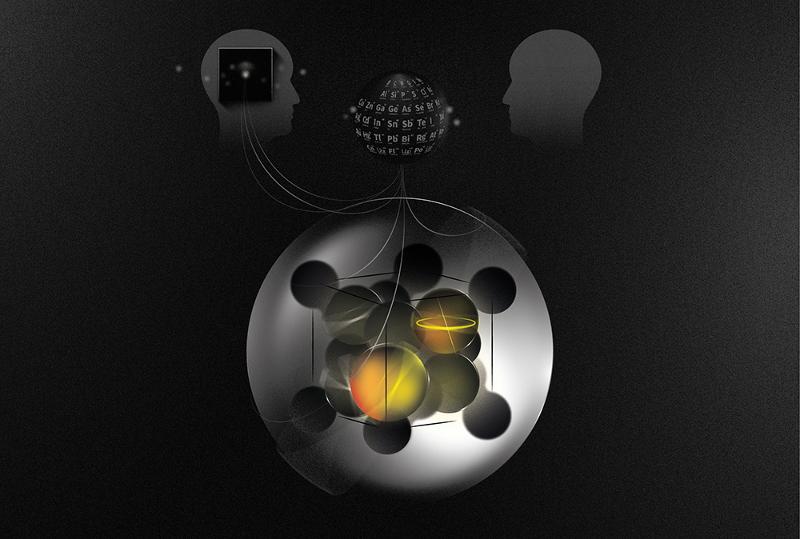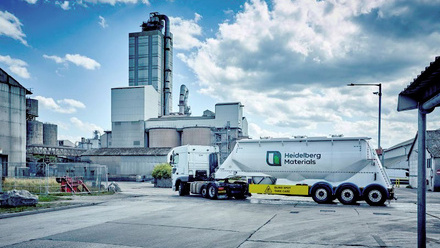AI tool discovers four new materials
An artificial intelligence tool has led to the discovery of four materials, including a new family of solid-state materials that conduct lithium.

Such solid electrolytes will be key to developing solid-state batteries offering longer range and increased safety for electric vehicles. Further promising materials are in development.
Researchers at the University of Liverpool have created the new tool to reduce the time and effort spent in materials discovery. It brings together artificial intelligence (AI) with human knowledge to prioritise those parts of unexplored chemical space where new functional materials are most likely to be found.
The device was developed by a team of researchers from the University of Liverpool’s Department of Chemistry and Materials Innovation Factory, led by Professor Matt Rosseinsky, to address this challenge.
The tool examines the relationships between known materials at a scale unachievable by humans. These relationships are used to identify and numerically rank combinations of elements that are likely to form new materials.
The rankings are then used to guide exploration of the large unknown chemical space in a targeted way, making experimental investigation far more efficient. The scientists make the final decisions, informed by the different perspective offered by AI.
Lead author of the paper, Professor Matt Rosseinsky, says, 'To date, a common and powerful approach has been to design new materials by close analogy with existing ones, but this often leads to materials that are similar to ones we already have. We therefore need new tools that reduce the time and effort required to discover truly new materials'








